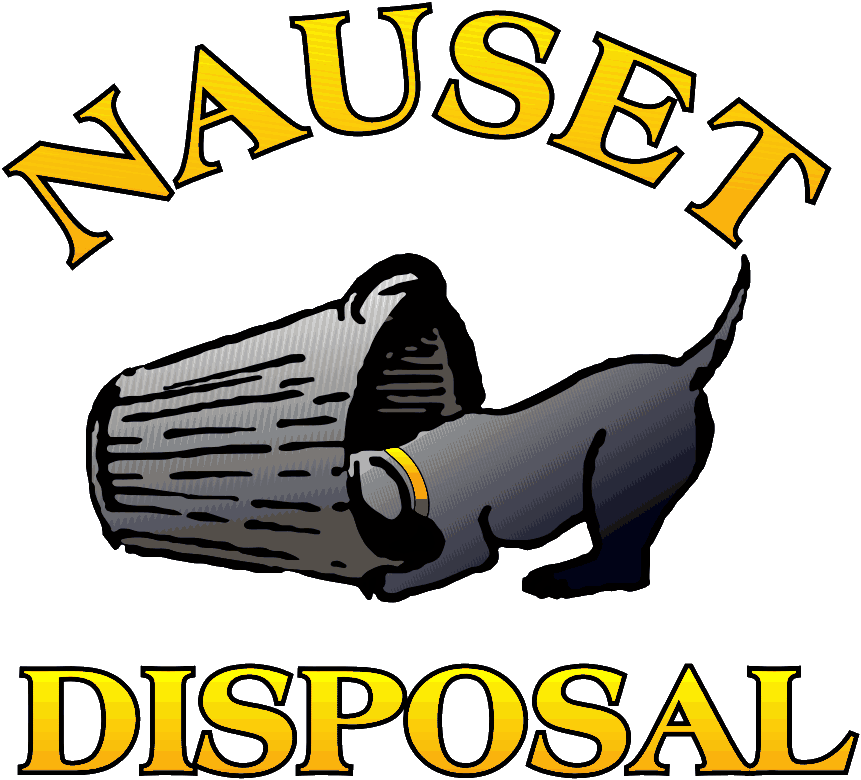
Why Saving Now Will Always Let You Sleep Better
Last year may have been the first time you needed emergency funds but it will likely not be the last. Hopefully, one lesson learned coming out of the pandemic is that an Emergency Fund is an important component of every business plan. There are too many situations where things are just out of your control and protecting your business and your personal income are critical.
WHY? An Emergency Fund gives you the confidence and the necessary funds to carry you over.
- You’ll sleep better knowing your business is secure
- You’ll be able to pay your bills
- Your savings will remain untouched
WHAT? Aim to save six months of expenses (rent, payroll, supplies, etc.). Go through your expenses for the past year to determine what you really need to operate the business for a month or two. Put that money in a separate account—a savings or money market account. What’s important is that it is separate—an account that is not touched as you do your daily business.
HOW? Start today even if you are paying off other debts.
- Start small: set aside whatever amount you can right now. Even if it’s a smaller amount than you feel necessary, remember—it counts and it grows.
- Automate your savings: set a monthly (or weekly/bi-weekly) deposit. Set a schedule and stick to it.
- Save more when business is good: rather than spending that extra money, resist the urge until you have enough in your emergency fund. Short-term, building this fund is a priority.
- Examine your business to see where a short-term cut could provide additional money for your fund.
Getting the fund to goal as soon as possible puts you in a position where you can confidently focus on growing the business, knowing you’ll be able to manage under any condition.
WHEN? So what is an emergency? Obviously, the pandemic has been an emergency for many businesses and it has proven that it can rear its ugly head at any time. The two others we think of most often are illness and natural disasters—events that can put you out of business for some time. Emergency events that may not immediately come to mind are: unanticipated tax bills or legal expenses, uninsured property or equipment damage, reduced working capital due to a sales slowdown, or a situation many businesses face today of delayed supplies or inventory—all events that can bring down or dramatically impact a business.
The key is to use the funds strategically when an emergency does happen. Obvious uses are the payment of ongoing expenses such as rent or payroll to keep staff. But there are other times when dipping into the emergency fund might be appropriate. For example, you have the opportunity to buy inventory or supplies at a significant discount and in so doing, you put your business in a stronger position. You secured a large project and need to fund some equipment or hire staff to get it off the ground.
Having these funds available will always put you in a stronger position, no matter the need or the opportunity. Use the funds wisely and then immediately restart the process to refill the fund. It’s an ongoing process that is a cornerstone of a healthy business.
Need help with this or other business questions? SCORE Cape Cod & the Islands provides free, confidential mentoring. Contact us at capecodscore@verizon.net, at 508-775-4884 or on our website at www.capecod.score.org
